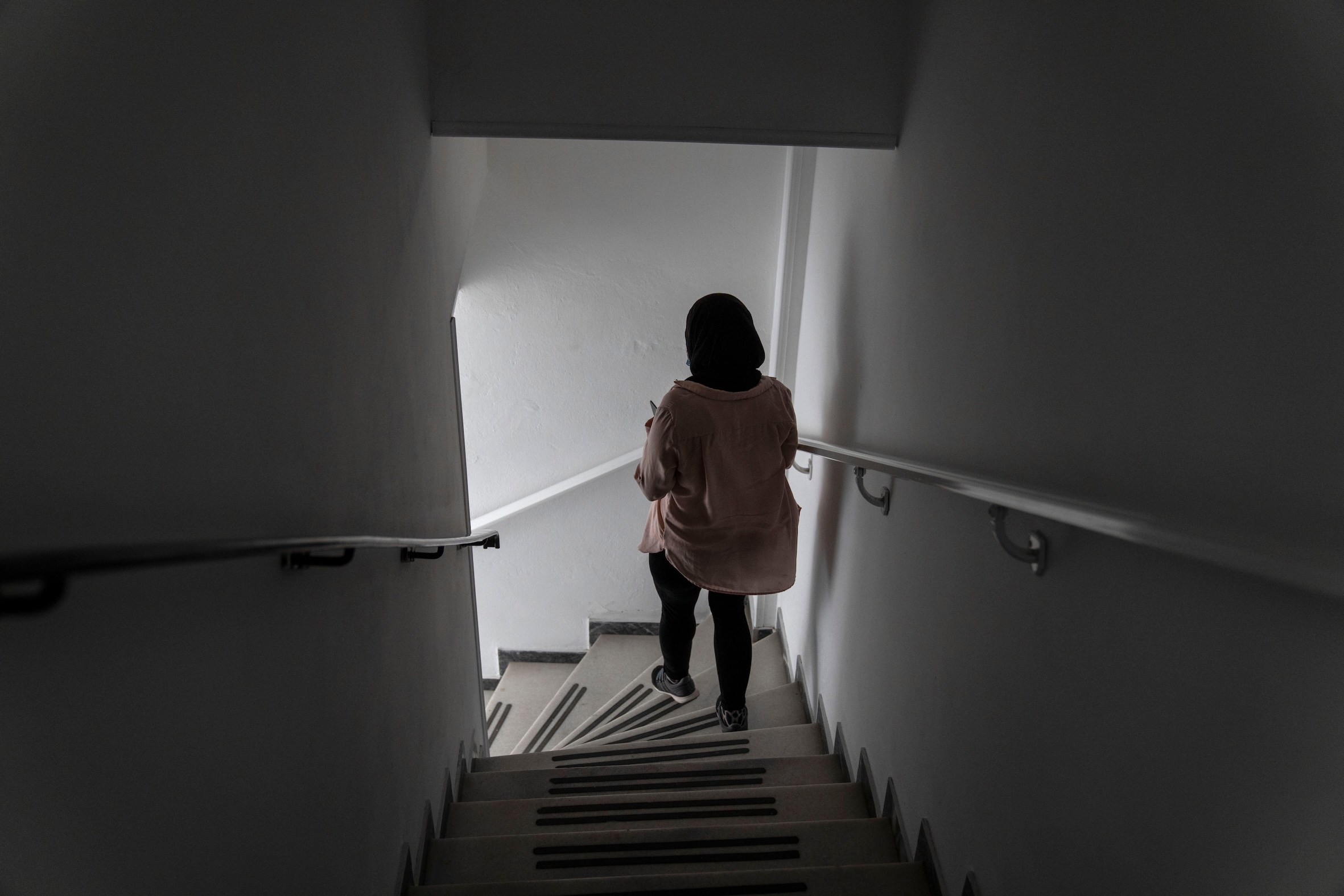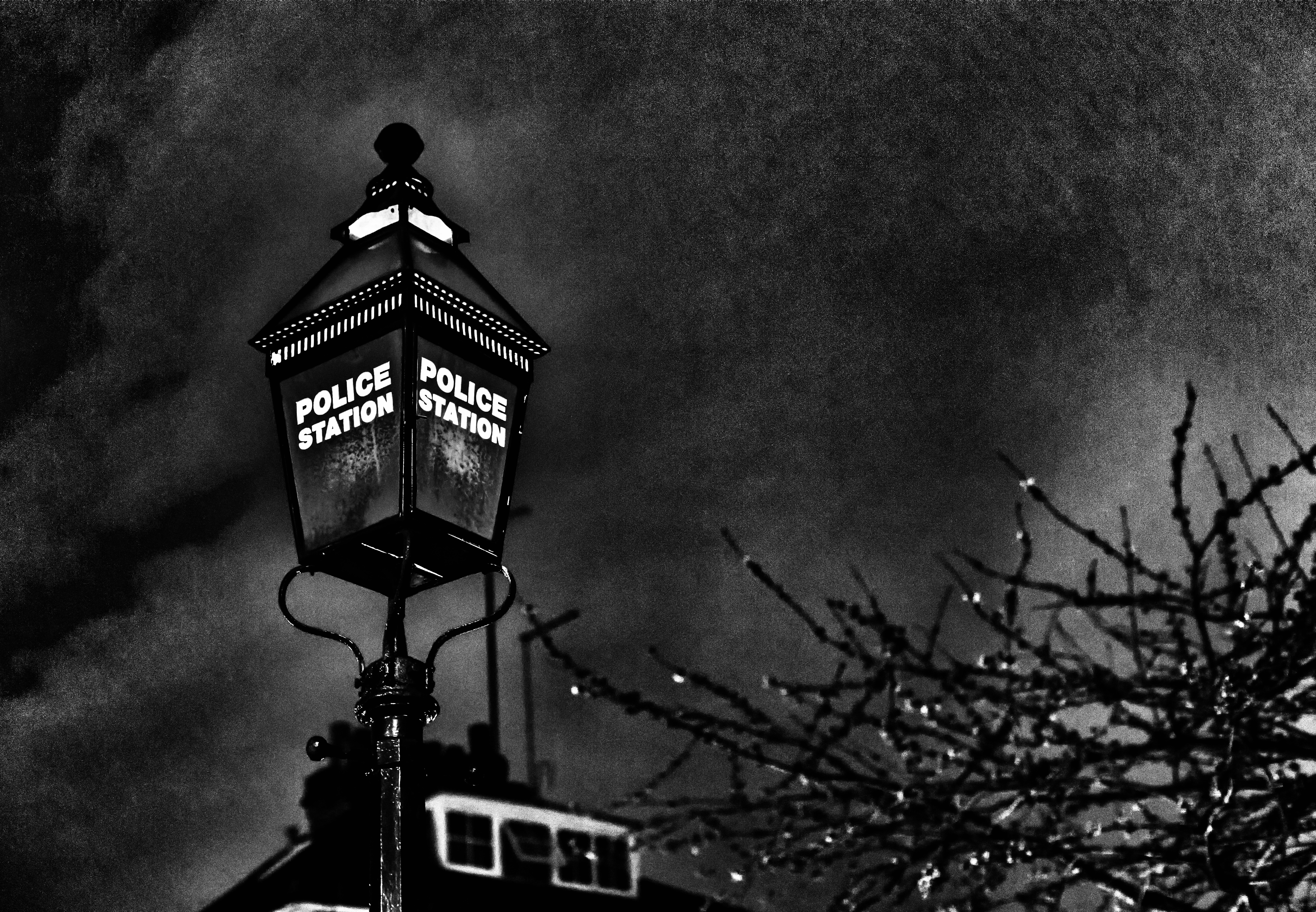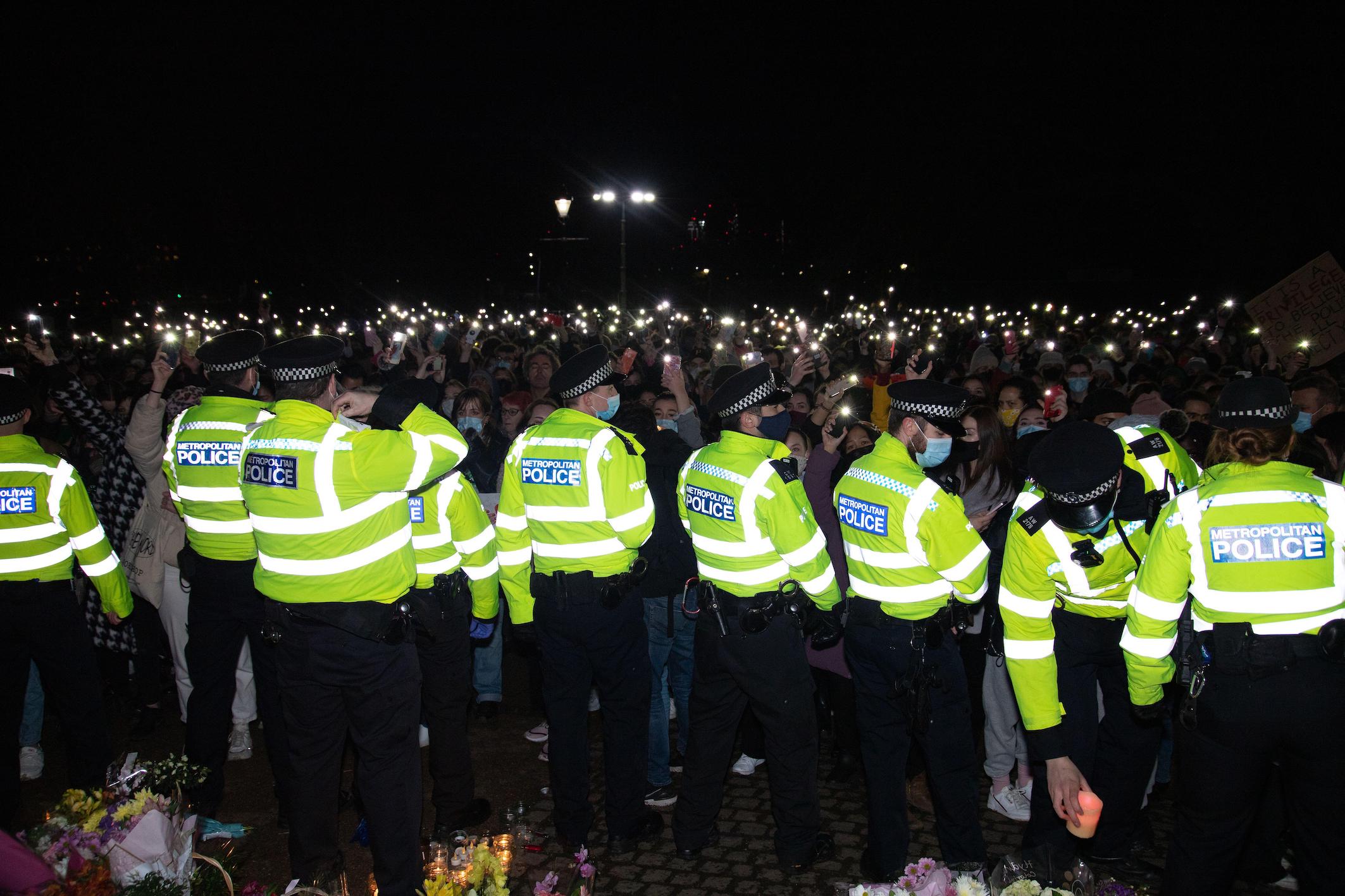From Sherlock Holmes to Line of Duty, Britain loves copaganda
How the nation’s long love affair with police stories continues to shape our relationship with policing today.
From moustache-twirling Belgian detectives to bomb squads speeding through modern-day London, Britain has a long-standing obsession with stories about ‘solving crime’. Historically, these tales have been relatively straightforward in emphasising the (supposed) indispensable role of police and detectives in pursuing ‘justice’ and therefore keeping the peace. Yet today, British cop shows tend to present a less wholesome picture of policing, exposing its violent and corrupt core and throwing out suggestions for how this institution might be improved. These stories fuel and are fuelled by a much-popularised narrative about the need to reform the police.
Britain’s penchant for this type of pro-police propaganda in the form of entertainment, or ‘copaganda’, first gathered steam in the Victorian era. Interest in these stories rapidly grew in the early 1800s, when the first few police forces were being cobbled together in the wake of anti-colonial uprisings in Ireland, and working-class uprisings in the face of poverty and disenfranchisement in England.
These police forces were formed as the Industrial Revolution was taking hold in Britain, with many workers moving into rapidly expanding cities to work in factories. The state sought to discredit working-class dissent by labelling it as 'crime', portraying it as an inherent facet of growing urban populations, as opposed to a symptom of inequality and the lack of a redistributive welfare state.
While the police were created by the government as a PR exercise to soften the appearance of state violence and control, the genre of crime fiction surfed in on the wave of political narratives seeking to hold up ‘crime’ – as located within the working class – as the biggest threat to public safety. Popular writers such as Charles Dickens, Wilkie Collins and Arthur Conan Doyle enthralled their readership with stories of egregious murders and wily detectives. These tales reinforced fears about the ‘need’ for police and detectives to unmask dangerous people living in our midst, and to ensure public safety by bringing these rogue individuals to justice.
Marginalised and racialised communities have long understood the police’s activities to be inherently violent – including through the mode of police monitoring groups and community defence organisations in Britain in the 1980s. Yet in recent years, there has been growing widespread criticism of the police, due to events such as the spycops scandal, the mistreatment of the bodies of Bibaa Henry and Nicole Smallman by police, the murder of Sarah Everard by a police officer, and police officer David Carrick receiving a life sentence for 48 counts of rape.
The angle and storylines of modern cop shows have subsequently had to evolve as narratives surrounding the police have shape-shifted into the new millennium. Now, minoritised groups are brought into the force as a quick fix for repairing relations with communities who have been particularly harmed or failed by police, and as an attempt to demonstrate the police’s ongoing relevancy, while glossing over the reality that maintaining inequality is a primary function of the police.
In step with this, a key motif in modern British copaganda is the emphasis on the presence of women and racialised people in the police, as a positive force for change. In the sci-fi series Dr Who, the character of Yaz – a young, queer, working-class Muslim woman – pushes this brief to new heights when she attributes her police career to the successes of anti-racist social movements, musing “I can be a police officer now because people like Rosa Parks fought those battles for me.”
In the BBC drama, Sherwood (2022), this diversity-washing is applied most chaotically, when the character of Daphne is revealed to be a spy cop who has been living a double life for 40 years. This casting feels at best an attempt to throw the viewer off the scent, and so it would, given that the vast majority of undercover officers from the 1960s onwards were white men, some of whom tricked women into sexual relationships, and had children with them. This motif is again evident in the 2016 BBC series Undercover where Nick, a Black undercover police officer, infiltrates an anti-racist group.
In both shows, we observe Nick and Daphne’s struggles within their professions – another trope within British copaganda, which tends to depict officers who feel like ‘outsiders’ within the police force itself, such as the character of Catherine Cawood in the police drama Happy Valley who represents a ray of hope among her questionable colleagues. A pointed (yet false) distinction is frequently made in copaganda between commendable and dodgy policing – this replicates the familiar ‘bad apple’ narrative that is rolled out whenever a police officer does something particularly violent that hits the headlines. The problem with this supposed dichotomy is that whether they mean it or not, all cops upholding and meting out a system of harm, violence and inequality, are bad cops.
Modern British copaganda can no longer step around the murky track record of the police by presenting officers as squeaky-clean heroes. In order to ‘address’ declining public attitudes towards the police, British police dramas commonly make gestures towards acknowledging wrongdoings—these are often ‘historical’ issues that are in urgent need of repair. While Line of Duty centres around a police anticorruption unit, in the opening episode of Sherwood, we are told in a rousing speech that “the tradition is that we police by consent, and if we lose the consent of the people well…we have a long way to go to earn back some of that trust”.
Ultimately, contemporary police shows tend towards a rumination on either the inevitability of the police despite their faults, or the ways in which police could be improved by a few ‘good apple’ diversity hires. As shadow Home Secretary Yvette Cooper suggested when considering Happy Valley’s heroic rose among thorns last year, the conclusion is often: “We need a Catherine Cawood in every town”.
Perhaps most importantly, contemporary copaganda is most misleading in its misrepresentation of both the reality and necessity of police activity. Far from cracking cases and catching murderers, the vast majority of police time is spent on non-crime related incidents such as filling out forms, and escorting people to A&E. The over-statement in TV shows of the efficacy of police activities in keeping ‘us’ safe, as well as the confection of new harms that can only be kept at bay by police is evident.
From the 2000s onwards, we have also seen an increasing presence of 'folk devils' such as the nascent terrorist, the smuggler and the gang-master. The implanting of these nebulous bogey men (and they are always men who are also racialised) into the popular imagination is the result of aggressive neoliberal political and media agendas over the past two decades.
British series such as Spooks (2002) and more recently Trigger Point (2022) have tended to double down on the need for ‘anti-terror’ laws that are used to justify state-sanctioned harassment and brutalisation of Muslim communities in particular. In some cases –Trigger Point being one example – these shows suggest that anti-terror squads are primarily concerned with fighting the far right, despite the most recent review of the anti-terror policy ‘Prevent’ concluding that “the most lethal threat in the last 20 years has come from Islamism”, and the primary casualties of ‘anti-terror’ law-making being Muslim communities.
Two centuries after the explosion of crime entertainment into the popular British consciousness, ideas about danger and safety continue to shape and be shaped by the stories we consume. The current proliferation of storylines and characters in British entertainment media which explore the past and present failings and mishaps of the police do little to buck this trend, instead leaving us with inaccurate messages about the inevitability of bobbies on the beat.
Storylines have perhaps moved away from simplistic stories of cops and robbers, but viewers are instead being served up consistently milquetoast reformist copaganda. These stories hammer home a tired fantasy that police can be improved with a few personnel tweaks, while failing to fundamentally critique the structures of inequality that led to the formation of British police forces in the first place.
Why Would Feminists Trust the Police?: A tangled history of resistance and complicity by Leah Cowan is out now.
Featured image source: BritBox/AP.
The Lead is now on Substack.
Become a Member, and get our most groundbreaking content first. Become a Founder, and join the newsroom’s internal conversation - meet the writers, the editors and more.





